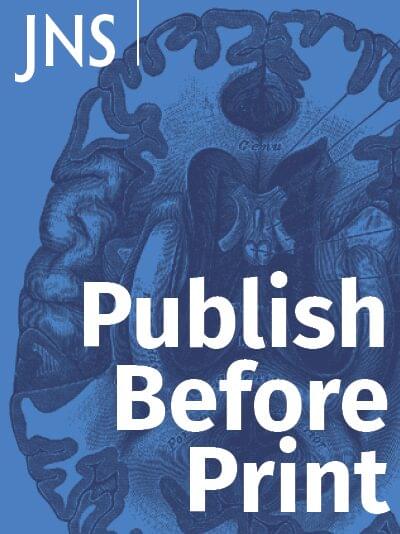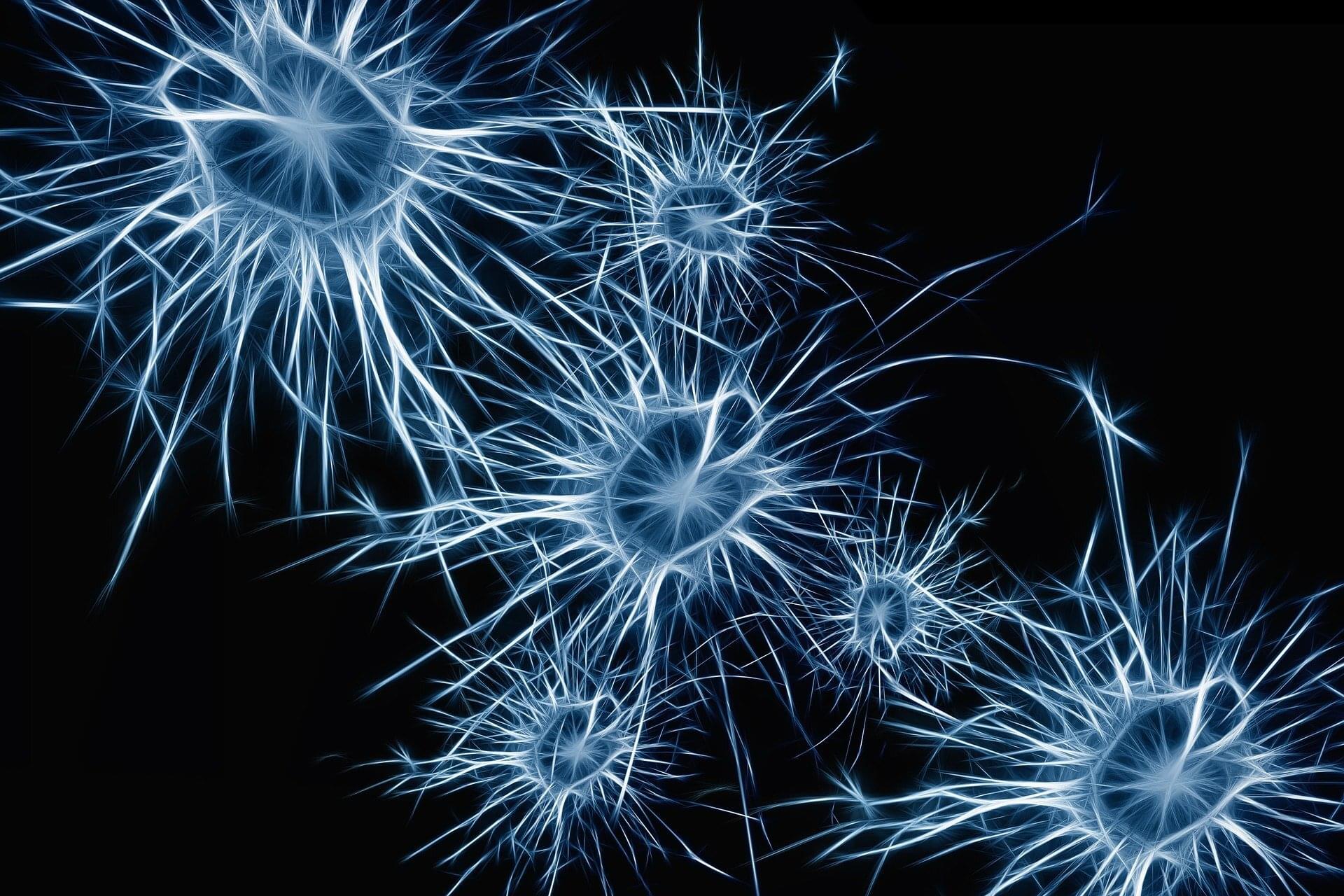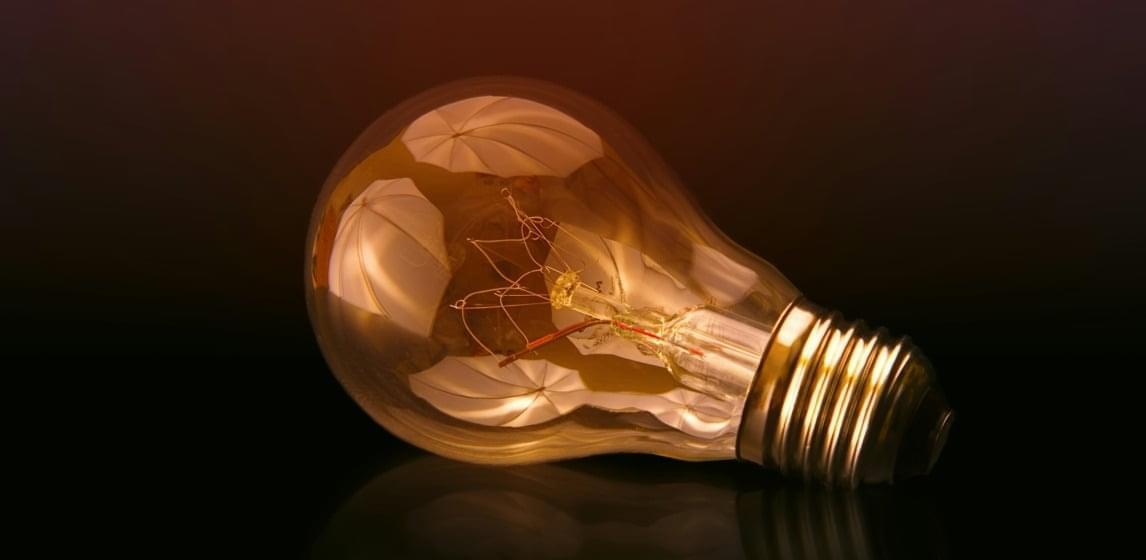Wiz found a critical Base44 flaw letting attackers access private apps via public app_id. Fixed by Wix.
Get the latest international news and world events from around the world.


How the Browser Became the Main Cyber Battleground
Browser-based identity attacks surge in 2025, targeting SaaS apps and weak credentials across enterprise accounts.
Microsoft Edge now an ‘AI-powered browser’ with Copilot Mode
Microsoft has introduced Copilot Mode, an experimental feature designed to transform Microsoft Edge into a web browser powered by artificial intelligence (AI).
As the company explained on Monday, this new mode transforms Edge’s interface, with new tabs showing a single input box that combines chat, search, and web navigation functions.
Once Copilot Mode is enabled, the AI assistant will be able to analyze all open browser tabs with the user’s permission, comparing information and assisting with various tasks, such as researching vacation rentals.

Longevity vs. Cryonics Debate | Karl Pfleger & Emil Kendziorra
Watch a longevity expert and cryonics expert make the case for their approach to life extension. Emil Kendziorra and Karl Pfleger debate longevity escape velocity timelines, which approach would have greater return from research funding, and more at this live debate from the Biostasis Conference at Vitalist Bay.
Links:
• Cryosphere Discord server: https://discord.gg/ndshSfQwqz.
• Cryonics subreddit: https://www.reddit.com/r/cryonics/
• Karl Pfleger: https://www.linkedin.com/in/karl-r-pfleger/
• Emil Kendziorra: https://www.linkedin.com/in/emilkendziorra/
#cryosphere

The relationship between lesion overlap with automatically segmented structures and treatment outcomes following MR-guided focused ultrasound thalamotomy for tremor
Optimal lesioning is essential for successful MR-guided focused ultrasound (MRgFUS) thalamotomies targeting the ventral intermediate nucleus (Vim) for tremors. This study aimed to evaluate the relationships between postoperative lesions that overlapped with the Vim and surrounding structures segmented automatically and the treatment outcomes.
This study included 48 patients who underwent MRgFUS thalamotomy targeting the Vim for essential tremors. The Clinical Rating Scale for Tremor (CRST) score was examined preoperatively as well as 1 week, 3 months, and 12 months postoperatively. Adverse effects were also assessed 1 month postoperatively. Using automatic segmentation software and fiber tracking software, the authors retrospectively segmented the Vim and surrounding structures, including the internal capsule (IC), ventrocaudal nucleus (Vc), zona incerta (ZI), and dentato-rubro-thalamic tract (DRTT), using preoperative images. Additionally, they manually delineated the coagulated lesions using images taken immediately after MRgFUS thalamotomy. The relationships between the volume and location of lesions overlapping with these structures, CRST improvement rates, and the presence of adverse effects were examined.
The mean thalamotomy volume was 0.076 ± 0.042 cm3 (median 0.085 cm3). The median improvement in the CRST score in the affected upper limb at 12 months postoperatively was 68.8%. Although no correlation was observed between lesion volume and CRST improvement at 1 week postoperatively, a positive correlation was observed between lesion volume and CRST improvement at 3 and 12 months. At 12 months, the authors observed a moderate correlation between the volume of the lesions overlapping with the Vim and improvement in the CRST score. A slightly stronger correlation was observed between the percentage of the lesion volume and the Vim. No correlation was found between lesion volume and improvements in the IC, Vc, ZI, DRTT, or CRST score. However, the authors found that both total lesion volume and the volume of lesion within the IC were significantly associated with gait imbalance.

